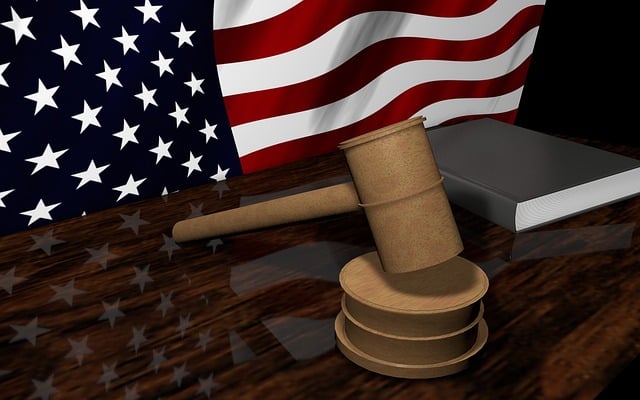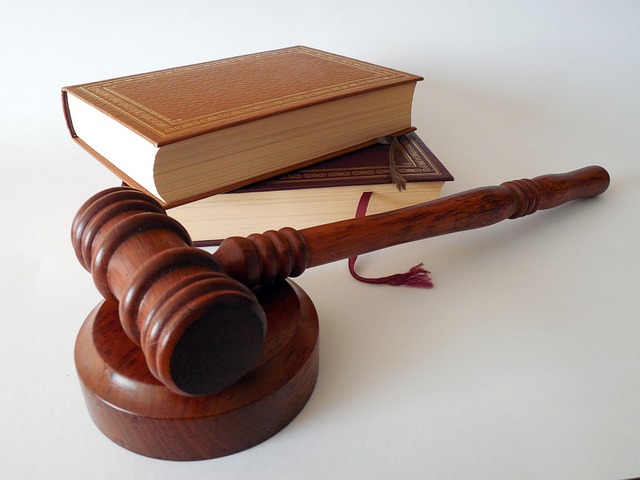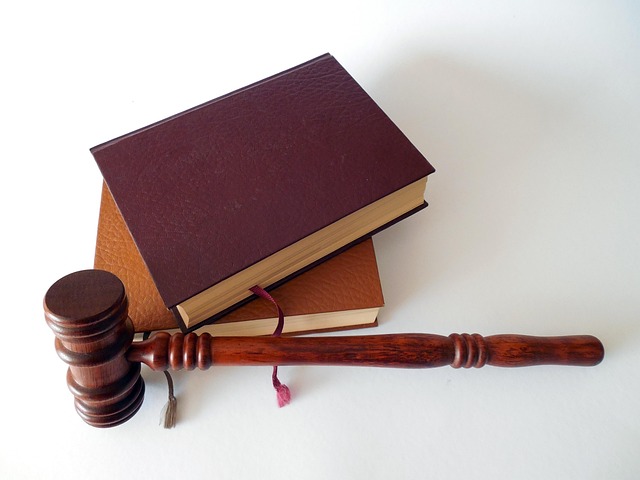Understanding and asserting fundamental rights under Due Process in criminal law cases is crucial for ensuring justice and fairness. These include the right to be informed of charges, confront accusers, and have an impartial jury, empowering individuals to navigate complex proceedings, challenge evidence, and present strategic defenses. Maintaining public trust relies on adhering to due process, balancing justice with procedural safeguards, and addressing issues like speedy trials. Historical due process failures led to reforms prioritizing fair trials, individual liberties, robust defense, access to counsel, and equitable legal landscapes.
Delve into the intricate world of criminal law cases, where the balance between justice and individual rights hangs in the balance. This article explores foundational aspects of criminal proceedings, with a focus on understanding fundamental rights and the indispensable role of due process. Through historical perspectives and modern reforms, we analyze challenges and controversies, shedding light on key case studies. Discover how these elements shape fair trials and continue to evolve in the broader context of due process in criminal law cases.
- Understanding Fundamental Rights in Criminal Proceedings
- The Role of Due Process: Ensuring Fair Trials
- Challenges and Controversies: Case Studies in Criminal Law
- Protecting the Accused: Historical Perspectives and Modern Reforms
Understanding Fundamental Rights in Criminal Proceedings

In criminal law cases, understanding fundamental rights is paramount for ensuring justice and fairness. Defendants are entitled to certain protections under the Due Process Clause, which guarantees them a fair trial. This includes the right to be informed of the charges, the right to confront accusers, and the right to an impartial jury, among others. Knowledge of these rights empowers individuals to navigate complex legal proceedings, understand their options, and assert their defenses effectively.
A crucial aspect of due process is the ability to challenge evidence and testimonies that may lead to a complete dismissal of all charges. Accused persons can also avoid indictment by employing strategic defense mechanisms, such as presenting compelling alibis or raising questions about the integrity of evidence. Winning challenging defense verdicts in criminal law cases not only underscores the importance of these rights but also reinforces the fairness and integrity of the legal system.
The Role of Due Process: Ensuring Fair Trials

In criminal law cases, due process is a cornerstone ensuring fairness and justice for all individuals accused of crimes. It encompasses a set of legal principles designed to protect defendants’ rights throughout the judicial process, from arrest to sentencing. This includes the right to be informed of charges, to confront accusers, and to present a defense, among others. Ensuring these procedural safeguards is vital, especially in high-stakes cases where a person’s freedom and reputation are at risk, such as white collar defense scenarios involving complex financial crimes.
Adherence to due process is crucial to maintain public trust in the criminal justice system. It prevents arbitrary or unjust decisions by providing structured guidelines for investigations, trials, and appeals. This not only safeguards the rights of the accused but also ensures that convictions are based on solid evidence and a fair adjudication of facts, preventing the complete dismissal of all charges where appropriate.
Challenges and Controversies: Case Studies in Criminal Law

Criminal law cases often present a complex landscape where balancing justice and ensuring due process becomes a delicate tightrope walk. Challenges and controversies arise from various angles, each demanding meticulous attention to uphold fairness. One such angle is the role of jury trials in high-stakes cases. These trials, while intended to ensure a fair and impartial decision, can be fraught with complexities. For instance, consider a case where a defendant’s right to a speedy trial was compromised due to bureaucratic delays, potentially leading to prejudice and an unfair conviction.
Moreover, achieving extraordinary results in criminal law often involves navigating intricate legal landscapes and presenting compelling arguments. High-stakes cases demand a deep understanding of the law and its nuances. Lawyers must strategize effectively, utilizing every tool available within the framework of due process. From presenting robust defenses against seemingly ironclad accusations to challenging the admissibility of evidence, each step requires meticulous planning and execution to secure just outcomes for all parties involved.
Protecting the Accused: Historical Perspectives and Modern Reforms

Historically, criminal law cases have often been marred by concerns over due process and protecting the rights of the accused. In past eras, suspects were frequently subjected to arbitrary arrests, lack of legal representation, and harsh sentencing without regard for mitigating circumstances. These practices led to a growing awareness of the need for fair trials and the protection of individual liberties. Over time, various reforms have been implemented across the country to achieve extraordinary results in ensuring due process for all accused individuals.
Modern criminal justice systems prioritize providing a robust defense for the accused, allowing them access to legal counsel, and ensuring that evidence is collected and presented fairly. These measures reflect an unprecedented track record of upholding justice while protecting the rights of those charged with crimes. By striking a balance between public safety and individual freedoms, these reforms contribute to a more equitable and just legal landscape.
In conclusion, understanding the intricate balance between protecting individual rights and ensuring justice is paramount in criminal law. The article has explored various facets, from fundamental rights to historical perspectives, highlighting the importance of due process in safeguarding the accused. By examining real-world case studies, we’ve underscored the ongoing challenges and controversies that shape our legal landscape. These insights offer a path forward for continuous improvement, emphasizing the need for fair trials and respectful treatment of all individuals within the criminal justice system. In light of these discussions, it’s evident that upholding due process remains a cornerstone in navigating complex criminal law cases.






